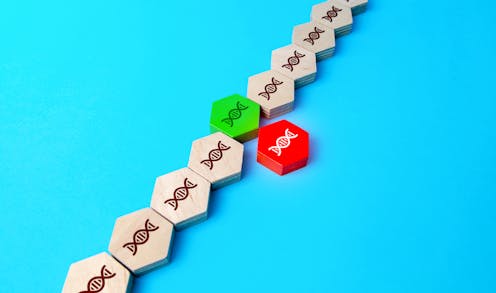Individually, rare diseases are rare, but there are so many rare diseases that over 400 million people are affected worldwide. Together, rare diseases aren’t so rare. Only 5% of rare diseases have an approved treatment so when we find a treatment that works, we must make sure that patients in need can access those treatments.
At the moment, this doesn’t always happen. For rare and ultra-rare diseases, it’s a sad fact that there is little commercial incentive for companies to develop costly treatments, like gene therapies, with very small markets. This means that treatments that have been shown to work in clinical trials, or even some licensed gene therapies, are not reaching patients.

Great Ormond Street Hospital (Gosh) will explore for the first time if an NHS hospital can plug this gap for UK patients. This is a new approach, and we may find out this isn’t the solution, but we cannot sit by while proven treatments stall – we must do something radical. Gosh has been a leader in the field of gene therapy since it was first developed over 20 years ago.
One type of gene therapy involves taking the patient’s blood stem cells and using a virus to insert a working copy of the faulty gene into the patient’s DNA. This approach has been very successful in treating some inherited blood and immune system diseases. Together with colleagues at UCLA, our team at UCL Great Ormond Street Institute of Child Health developed a very effective gene therapy for a rare disease calle.























